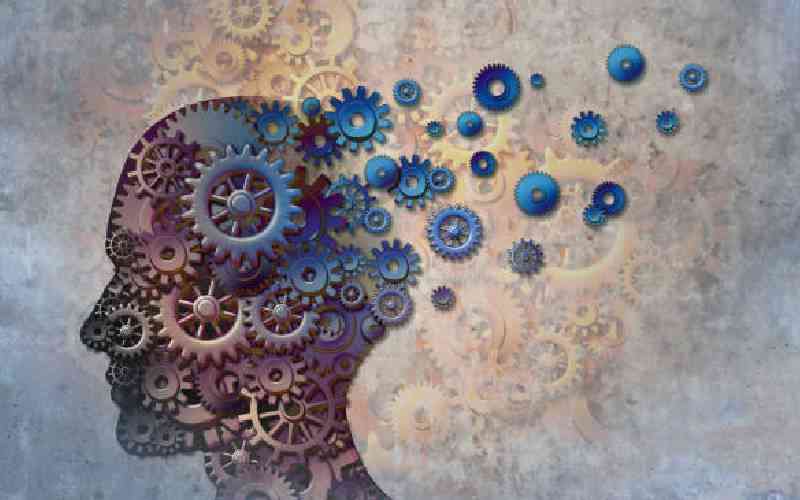×
The Standard e-Paper
Smart Minds Choose Us

June is dementia month. For those fortunate not to have interacted with this ailment, dementia is a general term used to describe various types of brain disease associated with mental capacity decline.
The most common of these diseases is Alzheimer's, affecting about 70 per cent of dementia cases. Statistics indicate there are around 60 million people living with dementia globally but since many cases operate in the shadows, there could be more.